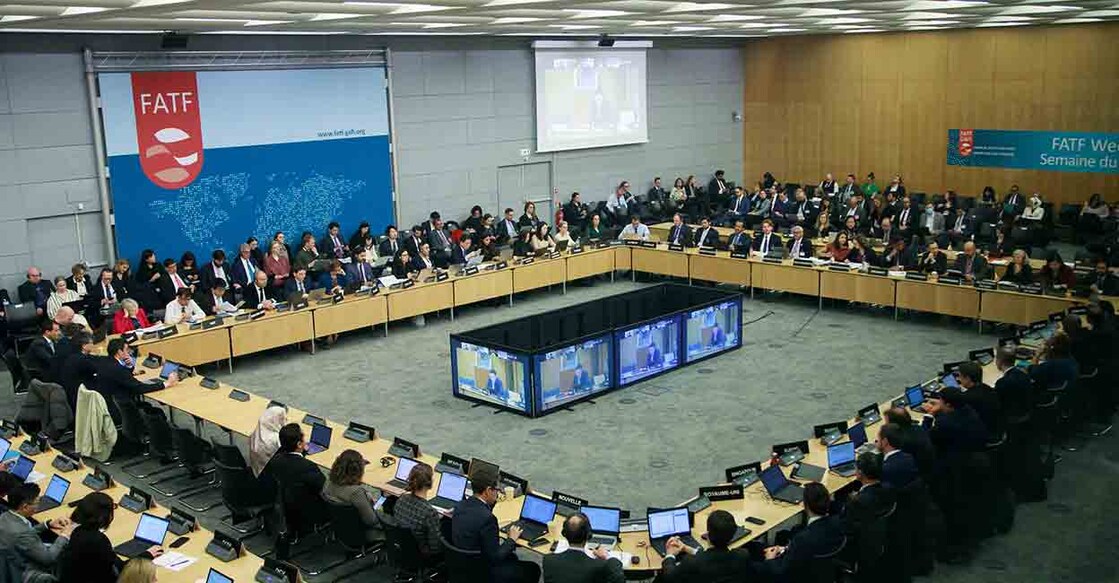Explained | What is FATF’s Black List and Grey List?

Mail This Article
A few days ago, the Financial Action Task Force (FATF) removed UAE, Barbados, Gibraltar & Uganda from its “Grey List” based on the review.
The FATF Plenary also decided to appoint Elisa de Anda Madrazo of Mexico as the next president of the FATF, for a fixed two-year term. Madrazo was the FATF vice president from July 1, 2020 to June 30, 2023. She will take up duties on July 1, 2024, the day after the two-year presidency of T. Raja Kumar concludes.
What is the FATF?
• The FATF is an inter-governmental body established in 1989 by the ministers of its member jurisdictions.
• The objectives of the FATF are to set standards and promote effective implementation of legal, regulatory and operational measures for combating money laundering, terrorist financing and other related threats to the integrity of the international financial system.
• The FATF is a policymaking body that works to generate the necessary political will to bring about national legislative and regulatory reforms in these areas.
• The FATF currently has 40 members including two regional organisations — the European Commission and Gulf Cooperation Council.
• India is a member of the FATF consultations and its Asia Pacific Group.
The FATF has two types of lists:
i) High Risk Jurisdictions Subject to a Call for Action (Black List)
ii) Jurisdictions under Increased Monitoring (Grey List).
i) Black List
• High-risk jurisdictions have significant strategic deficiencies in their regimes to counter money laundering, terrorist financing, and financing of proliferation.
• This list is referred to as the ‘Black List’.
• Iran, North Korea and Myanmar are on the FATF Black List.
ii) Grey List
• Countries that are considered as safe havens for supporting terror funding and money laundering are included in the ‘Grey List’.
• When the FATF places a jurisdiction under increased monitoring, it means the country has committed to swiftly resolve the identified strategic deficiencies within agreed timeframes and is subject to increased monitoring.
• Inclusion in the Grey List makes it difficult for a country to get financial aid from world bodies such as the IMF. The list makes it difficult to get investors and creditors, adversely impacts exports, output and consumption and also makes it difficult for global banks to do business with a listed country.
• Bulgaria, Burkina Faso, Cameroon, Congo, Croatia, Haiti, Jamaica, Kenya, Mali, Mozambique, Namibia, Nigeria, Philippines, Senegal, South Africa, South Sudan, Syria, Tanzania, Turkey, Vietnam and Yemen are on the FATF Grey List.




